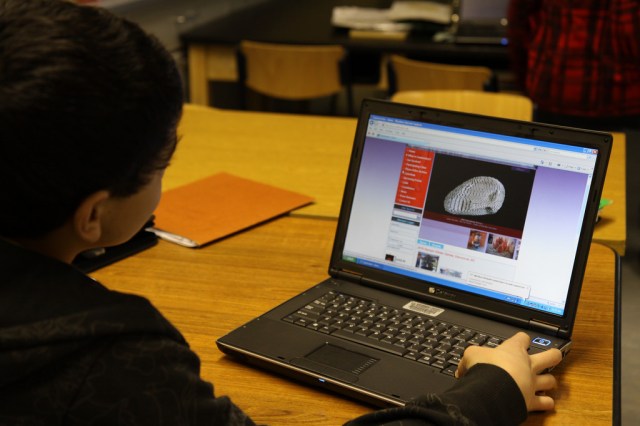
While on a Zoom “Coffee Chat” one morning (the new office normal), the conversation naturally turned to what my colleagues and I missed most about life before COVID-19. We each lamented the loss of those activities we now crave – going for a walk without a mask, getting a babysitter to have dinner with friends, vacations, spending time with family whenever we wanted . . . the list went on. It is hard to identify any area of life that has not been impacted by concern for COVID-19.
But, while our lives have been changed, by no means have they stopped. That may be most apparent to me in my work as a social worker supporting senior caregivers. The families I speak with—who, like more than 15% of senior caregivers in America today, are also working full-time jobs—are finding themselves with more family responsibilities added to their already full plates. Their lives have become delicate balancing acts as they feel they have to be parents, teachers, children, caregivers, and employees all within the same hour. Under normal circumstances, the challenges faced by family caregivers are already substantial. During a pandemic, they are unprecedented.
So how do you negotiate these times? Below are some suggestions, many inspired by the creative, hardworking caregivers with whom I’ve spoken.
1. Examine your new normal. Take a close look at how your life has changed. This may seem basic, but so many of us have launched into our new routines without fully appreciating the vast changes we have had to undergo. Some families have had a parent move into their already crowded home. Other households struggle with negotiating simultaneous work-from-home schedules and child-rearing. Explore what areas of each family member’s pre-COVID-19 routines are essential for their well-being. Then consider if there are creative ways you can introduce some of these routines back into your life. There is bound to be some friction as your lives overlap, but deliberately making room for everyone’s most treasured activities will go a long way into helping you all adjust.
2. Streamline communication. Part of delegating tasks also means communicating well about who is doing what. This is particularly important when caring for an aging parent when multiple adult children are involved. In the ideal scenario, you are sharing caregiving tasks with other parties who are willing to step up, though this is commonly not reality. Save time and use an online platform, shared calendar, or app to divvy up responsibilities. And, if you are one of many caregivers to a social senior now stuck at home, add to your calendar a schedule of regular family calls, video chats or drive-bys to keep their spirits up.
3. Explore new sources of support. Many families are long-distance caregivers who cannot easily check in on their parents or get them supplies. They have had to tap into help from local neighbors, friends, and volunteers to do what distance has not allowed them to do. Local senior agencies have also had to creatively change their programs to support seniors now stuck at home. Sites like Care.com can be a great resource and Eldercare.gov can direct you to help in your loved one’s area.
4. Set up a sounding board. It is worthwhile acknowledging the emotional strain and heightened anxiety this pandemic has naturally caused. It is not only that caregivers are logistically managing jobs, parents, and children—though that would be enough. This is a time steeped in worry when every decision seems weightier as we work to keep from getting sick ourselves or put those we love in harm’s way. Many caregivers have felt caught between two bad options. Do they bring their loved one to the hospital after a fall or is it too risky? Is it safe to bring a caregiver in? There are no clear-cut answers, but the pressure to decide cannot fall only on your shoulders. Consult resources like the CDC for general guidelines and reach out to trusted friends, family, professionals, and your loved ones themselves to talk through pros and cons. Sharing the burden of choice can offer you relief and a sense of connectedness with those you love.
5. Seek emotional support. Carve out regular time to focus on your own wellness. If you are experiencing heightened anxiety or depression—a natural circumstance of these concerning times—ask your Employee Assistance Program at work or your insurance company to refer you to a counselor. Consider what activities are needed to replenish your emotional tank, with the full appreciation that your self-care routine is going to look different these days. I have found that the now-normalcy of video chats has been an opportunity to reconnect with old friends far away. If you prefer alone time to screen time, find other ways to stay connected, like letter-writing or socially distanced visits. And, if you need a few minutes on your own to meditate or recharge, communicate this need to your family to make it a reality. Tinker with the balance that works well for you and is achievable in your household.
6. Embrace the good enough. So many caregivers seem to work miracles on a regular basis—they raise their kids, check in on their parents, and hold down—and even excel—at their jobs. But the simplest tasks are now complicated, and the resources we would normally turn to are no longer available. Remember what grocery shopping used to look like. Think about who you once had help from—a housekeeper, an after-school tutor, a caregiver for Mom or Dad—who you may no longer be comfortable welcoming into your home. We are living in impossibly unpredictable times, and you cannot and should not be held to the same exacting standards. Acknowledge the restraints you are under, and practice being okay with just okay. Blame COVID-19 when you log onto a work meeting in a stained pajama shirt. What else can you do? Stay healthy, stay well, and stay afloat.

































